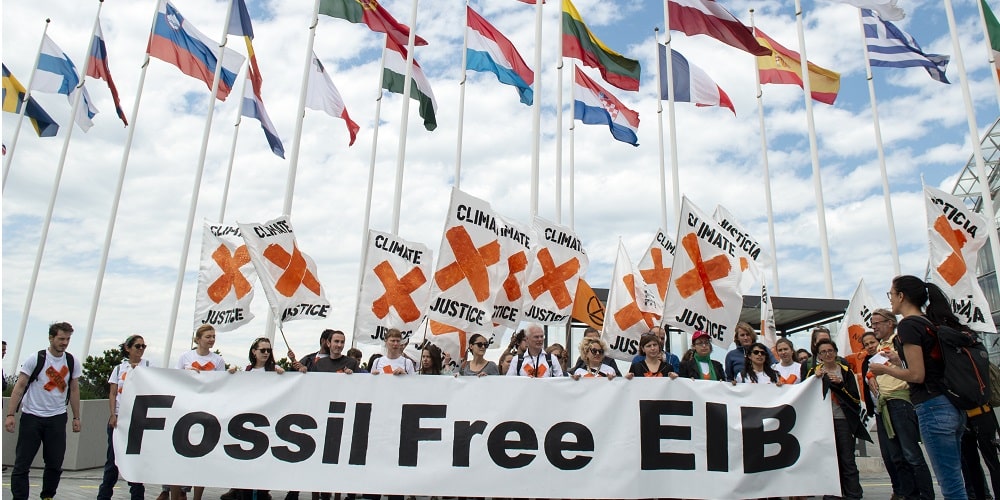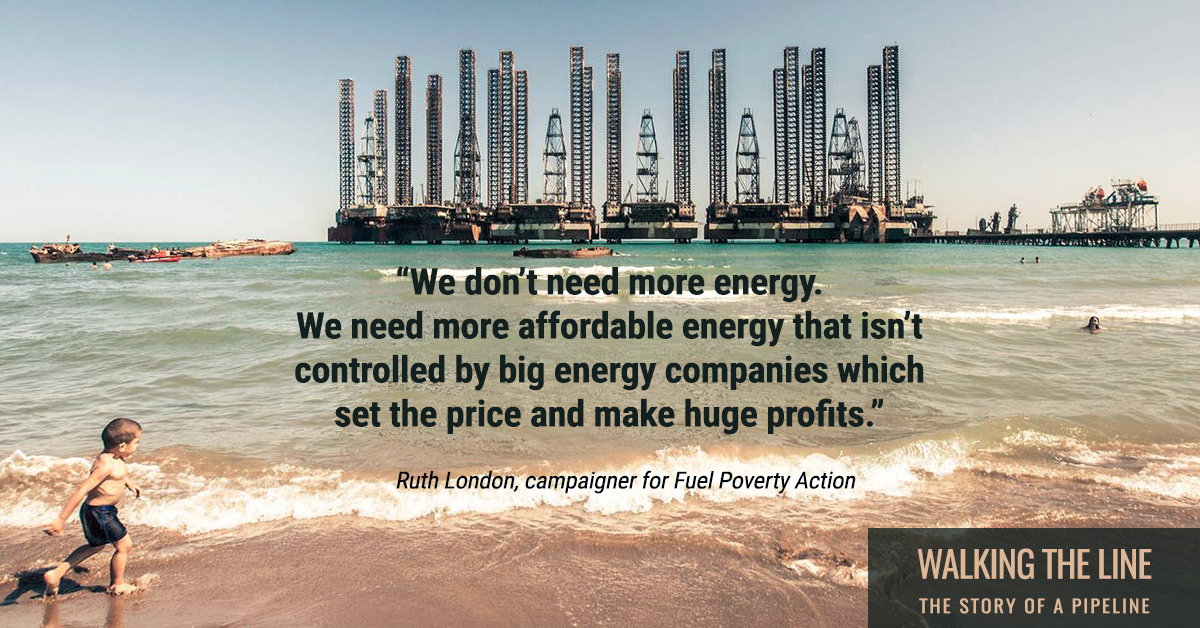Fossil gas
Fossil gas is the new coal. Although often labelled ‘natural,’ fossil gas is a major driver of the climate crisis. There is no more room for new investments in fossil gas projects if we are to avert the worst impacts of the climate crisis and set a path towards decarbonisation.
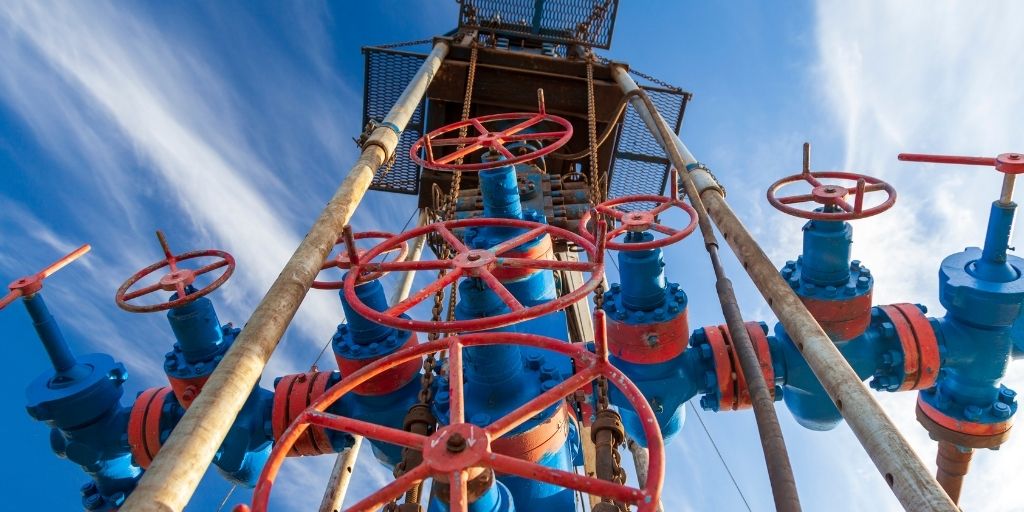
Stay informed
We closely follow international public finance and bring critical updates from the ground.
Key facts
- Methane is a greenhouse gas 86 times more potent than carbon dioxide over a 20 years period.
- Even after the 2015 Paris Agreement financial institutions have been pumping billions into fossil gas projects.
- The European Investment Bank committed to stop financing fossil fuels, gas included, from the end of 2021. It remains the exception among international financial institutions.
- In 2018-2020, gas made up over 75% of multilateral development banks’ known fossil fuels investments.
- In May 2021 the International Energy Agency warned there is no more room for new investments in fossil gas if the world is to limit global warming to 1.5 degrees.
Key issues
- Fossil gas is a potent greenhouse gas emitted throughout the supply chain, not only when burnt for energy production. Major international bodies warn fossil gas must be curtailed to slow the climate crisis.
- The fossil gas industry is plagued with corruption, and gas imports create reliance on authoritarian regimes.
- Despite the myriad problems with this fossil fuel, international financial institutions keep pouring billions in public money into gas projects and companies.
Background
Fossil gas is part of the problem, not the solution
Even though scientific evidence shows fossil gas is a significant driver of global warming, countries and financial institutions still consider fossil gas as a part of the solution in addressing climate change as a so-called bridge fuel.
In 2018 the Intergovernmental Panel on Climate Change (IPCC) pleaded for a quick reduction of emissions globally and a rapid switch to carbon-free energy systems to to prevent the planet from warming by more than 1.5 degrees above pre-industrial levels.
Fossil gas releases dangerous levels of greenhouse gas emissions – not just due to the CO2 emissions during combustion but also because of the methane emissions that occur in the supply chain, from extraction to distribution. These emissions are heavily unreported and have yet to be addressed by regulators and industry.
Methane is a greenhouse gas that is, in the short period of twenty years, 86 times more potent than carbon dioxide and has already driven more than a quarter of global warming to date.
If we are to slow climate change, methane is the strongest lever and reining its emissions would complement necessary measures to reduce carbon dioxide emissions.
A May 2021 report from the International Energy Agency report rightfully dismissed the idea of fossil gas as a transition fuel. It concluded that new investments in fossil fuels extraction must end and a radical reduction in fossil fuels, including gas, is needed over the next decade if we are to reach the Paris Agreement’s aim of limiting global warming to below 1.5°C.
Investing now in fossil gas would be the nail in the coffin of climate change. Such investments would delay the inevitable energy transformation, making it even costlier and more cumbersome in the next decades. Other solutions that are both economically and technologically feasible already exist and can be implemented.
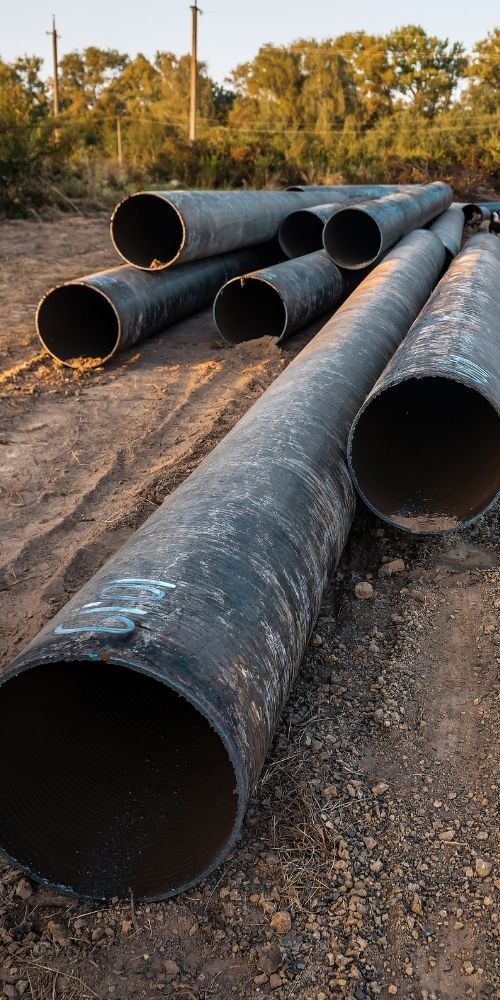
LATEST PUBLICATION
Keeping the flame alive with emission revenues: How the EU Modernisation Fund props up fossil gas and waste incineration
Launched in 2021, the Modernisation Fund was designed to channel EU emissions trading revenues into energy transition investments in 13 lower-income member states. However, Bankwatch’s analysis reveals that this climate fund has spent between EUR 4.2 billion and EUR 6.8 billion on a range of dirty energy infrastructure – from biomass heating and waste incinerators to gas-fired power plants. The bulk of this investment is in Romania, the Czech Republic and Poland.
The report also highlights the lack of support for several critical areas, including energy communities and just transition in post-coal regions.
Overall, this first-of-its-kind analysis demonstrates the lack of transparency that characterises the operation of this important climate fund.
For more on our work on the Moderniosation Fund, see here: Time to fix the Modernisation Fund: Stop climate money for dirty energy.
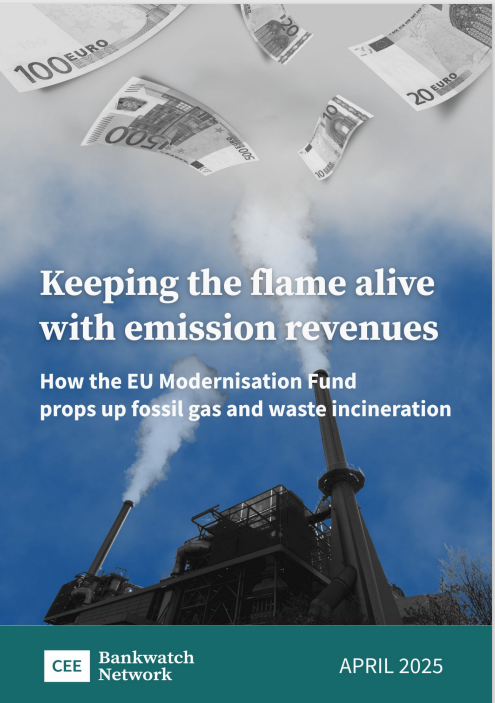
Fossil gas is a dirty business
The issues with fossil gas are not limited to its wrecking effects on climate change.
The fossil gas industry’s business model, through its practices, suggest that the continued profitability of these companies is achieved in significant part through bribery and other corruption. These same companies often play a central role in planning, assessing and projecting regions’ future energy needs in a way that primarily serves their own interests. Continued interference by oil and gas companies has also weakened institutions and policies put in place to mitigate climate change.
The remaining gas reserves are mostly concentrated in the Persian Gulf, Central Asia and Russia. This means that gas importing countries, including the EU which is heavily reliant on gas imports, are dependent on undemocratic and politically unstable regimes, with a proven track record of human right abuses.
Some of the areas where sizable fossil gas investments are planned, such as southeastern Europe and Central Asia, are among those most vulnerable to climate change. If these countries are planning to address and adapt to climate change, those fossil gas projects will become stranded assets in the next decades, well before the end of their financial life, thus leaving those countries once again far behind and increasing the costs of their inevitable transformation of energy systems.
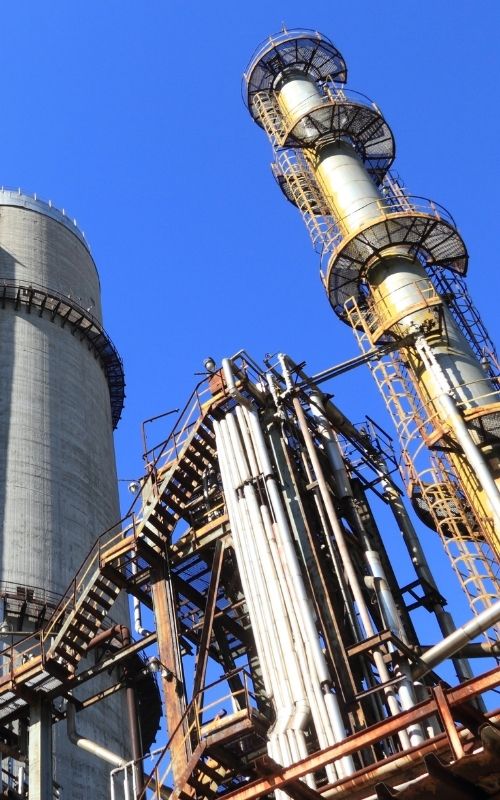
Financial institutions pour billions into fossil gas
Financial institutions are struggling to kick the fossil fuel habit. Since the 2015 Paris Agreement, the public financial institutions have been supporting fossil fuels companies with billions of euros.
The European Investment Bank (EIB) was the first multilateral development bank that recognized it was time to stop financing gas. Following a strong campaign by an international coalition of NGOs, the EIB agreed on a new energy lending policy that stops financing fossil fuel projects from the end of 2021. But other multilateral development banks (MDBs) still need to follow suit.
The European Bank for Reconstruction and Development (EBRD) has clear mission statements on supporting the transition towards clean energy. Yet, several Bankwatch reports showed that the Bank’s financial support for fossil fuels remained steady throughout 2010-2019, the warmest decade on record.
In the early 2000s the EBRD was considering investing in the USD 20 billion Sakhalin-2 oil and gas development in the pristine area of Sakhalin Island, Russia. But eventually, in 2007 the Bank decided not to engage, in part due to the protest campaign of local indigenous communities and international NGOs that contended the project would have adverse impacts on Sakhalin’s people and environment.
European MDBs’ latest fossil fuels adventure was the Southern Gas Corridor, a system of mega-pipelines to bring fossil gas from Azerbaijan to Europe. This massive project has simultaneously been boosting Azerbaijan’s dictatorial regime and causing upheaval in local communities along the pipelines’ routes in Turkey, Greece, Albania and Italy.
The pipeline project received unprecedented financial support from both the EBRD and the EIB. In addition to earlier EBRD investments in the Southern Gas Corridor, in the period 2014-2018 the EBRD extended over USD 450 million to the Azerbaijan gas field (Shah Deniz II) and more than USD 1 billion into the Trans Adriatic Pipeline (TAP) and the Trans Anatolian Pipeline (TANAP).
New investments into fossil gas will lock economies into the current system of fossil fuels dependency and will have a detrimental effect on the much-needed transformation of energy systems.
Latest news
Romania’s gas trap: Fossil fuel expansion threatens clean energy transition
Blog entry | 14 January, 2026The Romanian government is pursuing an increasingly contradictory energy strategy. On the one hand, it is preparing to heavily exploit Black Sea gas to increase consumption and drive industrial growth. On the other, it must meet ambitious targets for renewable energy, decarbonisation and energy consumption.
Read moreEU climate fund commits over half a billion to fossil gas expansion
Press release | 18 December, 2025Several fossil gas and waste incinerator projects eyed by EU Member States have rightly been excluded from the latest Modernisation Fund investment round. But gas-fired power plant projects in Czechia and Bulgaria have secured a total of EUR 630 million in future financing.
Read moreLatest EU hydrogen push prolongs gas industry hold over Europe’s energy transition – new report
Press release | 10 December, 2025The Projects of Common and Mutual Interest (PCI/PMI) list unveiled by the European Commission last week will do little to advance Europe’s energy transition and much more to perpetuate its fossil fuel import dependence, shows a report published today by CEE Bankwatch Network and Food and Water Action Europe. It will also burn much of the limited public funding that should be spent on electrification, according to the analysis.
Read moreRelated publications
Hallucinating hydrogen: Why the PCI/PMI process must be overhauled
Report | 10 December, 2025 | Download PDFA new report exposes the fossil gas industry’s influence over the EU’s Projects of Common and Mutual Interest (PCI/PMI), which has prompted the European Commission to grant priority status to a record number of cross-border hydrogen infrastructure projects.
Six Member States looking to expand gas, waste and nuclear energy with billions from EU climate fund
Briefing | 6 October, 2025 | Download PDFIntended to drive the energy transition in the EU’s lower-income Member States, the Modernisation Fund has been doling out billions to fossil gas and other harmful energy infrastructure.
Dead end ahead: How gas plans are distracting the Western Balkans from the energy transition
Briefing | 25 September, 2025 | Download PDFThis briefing provides an update on gas build-out plans in the Western Balkans since March 2023 and finds that they have remained remarkably steady in the last two years, despite increasing risks and financing challenges.
